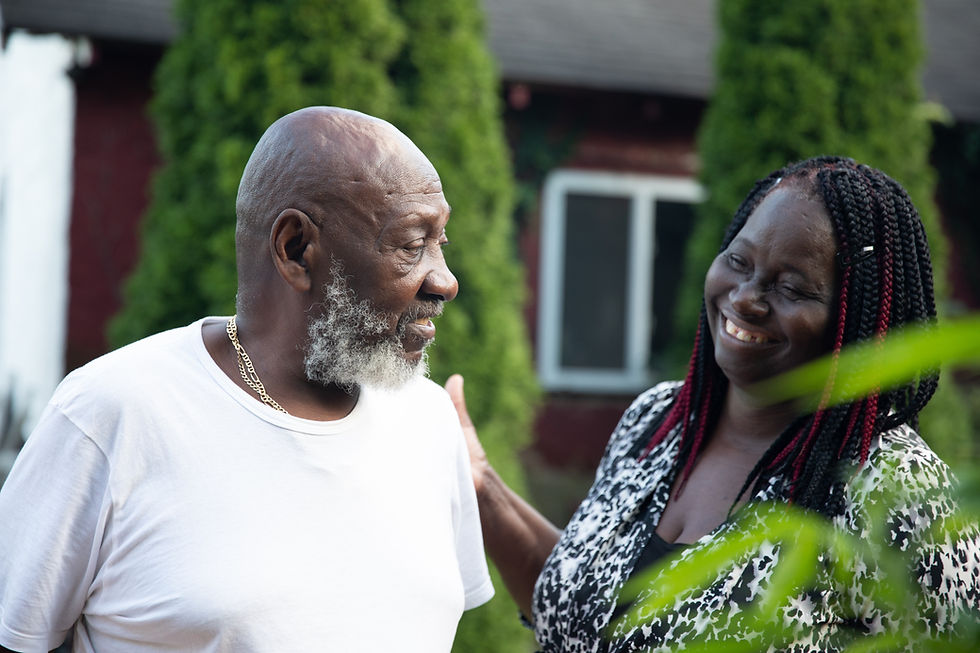
The meaning of cancer survivorship
Determining when a patient can officially consider themselves a cancer survivor is a question that often arises. The term "cancer survivor" encompasses various definitions and perspectives, and it is important to understand the nuances associated with it.
When to consider yourself a survivor?
The American Cancer Society defines the term “cancer survivor” as any person with a history of cancer, from the time of diagnosis through the remainder of their life. However, the specific definition and self-identification as a survivor may differ from person to person.
For some, surviving cancer means being cancer-free after completing treatment. For others, individuals may consider themselves survivors even when living with cancer as a chronic condition, valuing their ability to manage and cope with the ongoing challenges.
It is crucial to respect each person's unique perspective and experience. The timing and personal definition of being a cancer survivor are deeply personal decisions that can vary based on individual circumstances, emotions, and outlook on life.
Cancer survivors also need care
While the term "survivor" may convey strength and triumph, it is essential to recognize that cancer survivors continue to require care and support. The physical, emotional, and psychological effects of cancer and its treatment can persist long after the initial diagnosis. Regular follow-up appointments, monitoring for recurrence, and managing potential long-term side effects are crucial aspects of survivorship care.
Cancer survivors require different types of ongoing care and support. Regular follow-up appointments, addressing physical and emotional well-being, and providing access to necessary resources and support systems are integral to ensuring the overall well-being and quality of life for survivors.
Defining the term "cancer survivor" is a deeply personal and subjective experience. While there is no fixed timeframe or universally accepted criteria, individuals can consider themselves survivors from the moment they receive a cancer diagnosis or embark on their cancer journey. By recognizing the diverse experiences of cancer survivors and supporting their ongoing needs, we can foster a compassionate and inclusive environment that celebrates their resilience and strength.